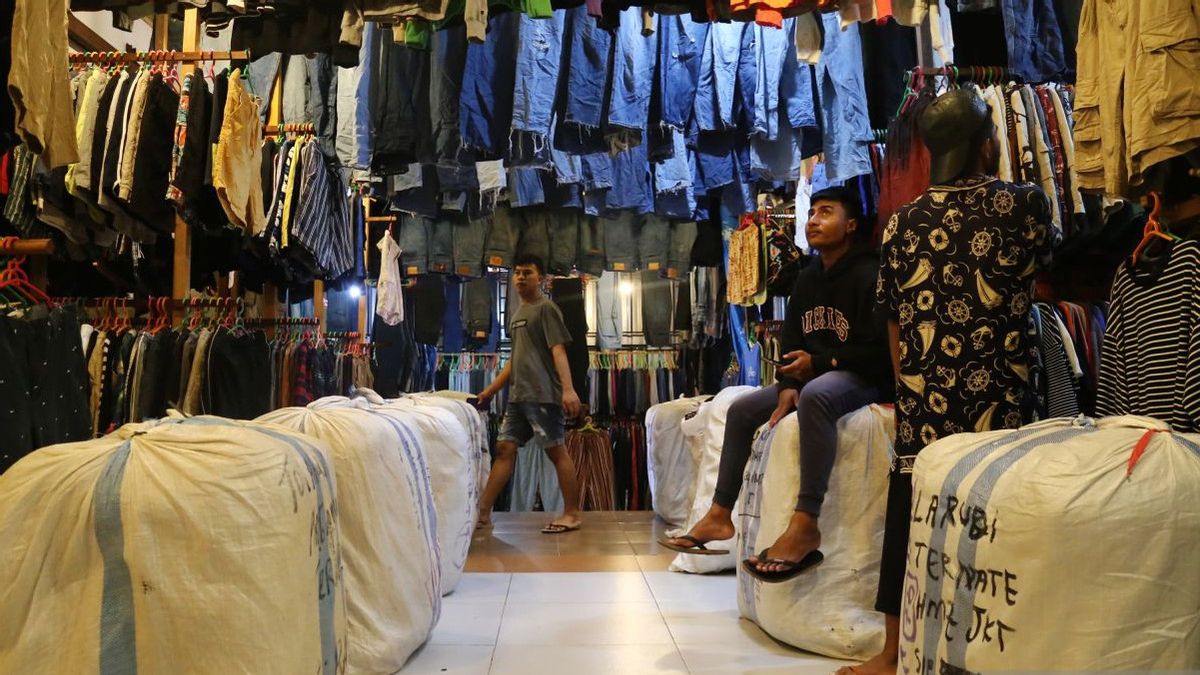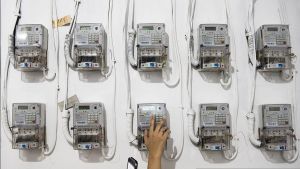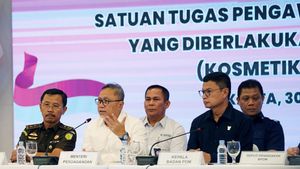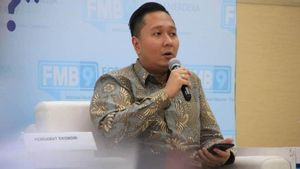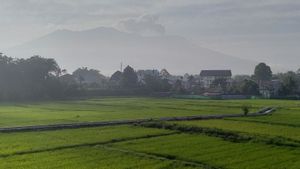JAKARTA - The textile and finished clothing industry in Indonesia is still suffering from the rise of imported products to the country.
Spokesperson for the Ministry of Industry (Kemenperin) Febri Hendri Antoni Arief said the industrial confidence index (IKI) number for clothing sub-sectors has tended to decline since May 2024, although overall performance is still expanding or above level 50.
"We see now that the import flood storm has had an impact on the finished clothing sector. Since last May the clothing industry is still expansionary, but we see that there is a downward trend in IKI in September," said Febri on the September 2024 release agenda at the Ministry of Industry Building, Jakarta, Monday, September 30.
Febri said that the clothing industry, which is now suffering from, is outside the entangling area or not oriented to exports even though export-oriented industries also experience a decline in demand.
"And we see that what is suffering enough is the finished clothing industry outside the tied area. Now the clothing industry is becoming in a tied area, it seems that it is starting to experience a decline in export demand," he said.
According to Febri, there is a potential for finished clothing products in the tied area to be channeled to the domestic market due to the lack of demand from foreign markets.
This condition ultimately has a negative impact on industries outside the tied area.
"Well, we need to see if the production of finished clothes in this tied area will also be poured into the domestic market which will make industries outside the tied area suffer as well. Because apart from facing the flood of imported clothes, it also faces the invasion of finished clothing products from tied areas," he said.
A similar condition is experienced by the textile sector. Febri stated that the sector must compete with legal and illegal imported products.
"The textile industry still suffers on the demand side. Why? Because it is a flood of imports of illegal and legal products. Imported products are legal and illegal," said Febri.
Meanwhile, Acting (Plt) Director General of Chemical, Pharmaceutical and Textile Industries (IKFT) of the Ministry of Industry, Reni Yanita, said the pressure on the textile industry was caused by the Regulation of the Minister of Trade (Permendag) 8 of 2024.
The rules allow imported goods to enter without technical approval.
"So, for textiles, with the Permendag 8 policy, it hit a lot, because he was the only one who relied on the fabric for the local market," said Reni.
SEE ALSO:
Regarding layoffs in the textile sector, Reni explained, this could not be separated from the lack of demand.
As a result, entrepreneurs must make efficiency and reduce the number of their employees slowly.
The English, Chinese, Japanese, Arabic, and French versions are automatically generated by the AI. So there may still be inaccuracies in translating, please always see Indonesian as our main language. (system supported by DigitalSiber.id)
